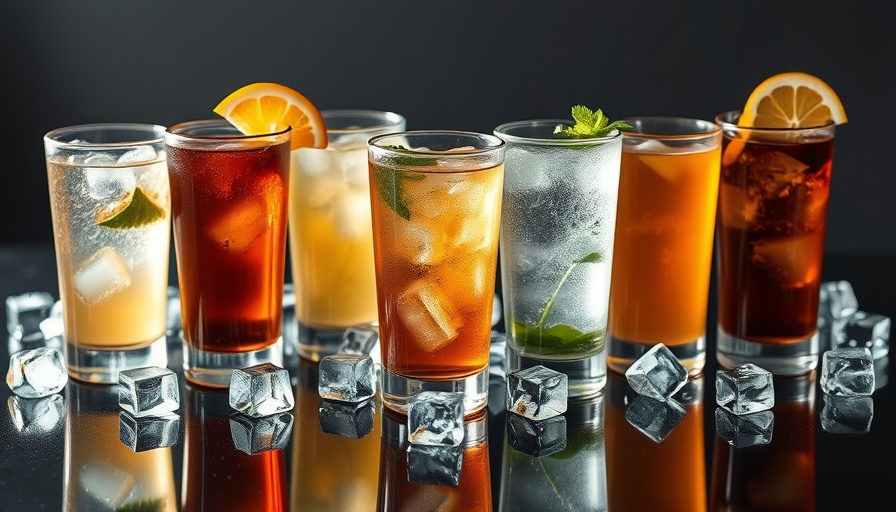
The Hidden Dangers of Microplastics
As consumers transition from plastic to glass bottles, many believe that this switch guarantees safer drinking options. However, recent findings suggest otherwise. A comprehensive study conducted by the French Agency for Food, Environmental, and Occupational Health & Safety (ANSES) revealed that microplastics (MPs) are present in a variety of beverages, including those housed in glass containers. This revelation prompts questions about the true safety of glass bottles compared to their plastic counterparts.
Understanding Microplastics
Microplastics are tiny plastic fragments resulting from the breakdown of larger plastic items. These particles, less than 5mm in size, have infiltrated every corner of our environment—from the highest mountain ranges to the depths of our oceans. The ANSES study measured MP contamination in various drinks available in France, including bottled water, sodas, and even wines. Surprisingly, no beverage was free from microplastic pollution, with measured values ranging significantly depending on the drink type.
A Closer Look At Contamination Levels
The ANSES study found that MP levels in beverages varied dramatically; bottled water contained about 2.9 MPs per liter, while sodas had a staggering 31.4 MPs per liter, and beverages like iced teas, lemonades, and particularly beers contained higher concentrations as well. The alarming trend is that glass bottles, despite being perceived as a healthier alternative, still displayed notable MP presence, averaging 12.0 MPs per liter for wine—a serious concern for those committed to cleaner consumption.
The Health Risks of Microplastic Exposure
Understanding the health risks associated with MP exposure is crucial. Though toxicological data on the long-term effects remains scarce, an accumulating body of evidence suggests that MPs can penetrate human organs, leading to potential risks for conditions like stomach cancer and cardiovascular issues. Over time, the accumulation of plastics in our bodies raises significant health concerns, urging consumers to be more informed about their beverage choices.
Shifting the Narrative: Environmental Considerations
The battle against plastic pollution is ongoing, yet the sheer pervasiveness of microplastics underlines the challenges we face. It's clear that relying on glass bottles as a primary solution may not address the core issue of environmental contamination. Many eco-conscious consumers overlook the impact of microplastics on agriculture and ecosystems, which could have cascading effects on food safety and environmental sustainability.
Making Informed Choices: Practical Tips for Consumers
With the knowledge of potential MP contamination, there are strategies individuals can implement to make more informed choices about beverage consumption. Consider opting for fresh brewed teas, coffees, or utilizing home filtration systems to reduce MP exposure from tap water. Taking a proactive stance towards consumption can enhance health and safety, as well as spark discussions about the larger environmental implications of our choices.
Future Implications and Consumer Education
As research evolves, the importance of consumer education around microplastics will only grow. Future health guidelines may need to adapt to incorporate imminent risks associated with MP exposure. Advocates for sustainability must confront the reality that while glass bottles present a desirable alternative to single-use plastics, they don't eliminate the problem entirely. Understanding how and where our drinks are sourced can empower consumers to make better choices.
Conclusion: Rethinking Beverage Packaging Choices
While we may have thought that glass bottles were the ultimate safeguard against harmful substances, the truth is more complex. With new studies emerging, it’s essential for consumers to stay informed and remain vigilant about microplastic contamination, no matter the packaging. Engaging in conversations about environmental impacts and making conscious choices can lead to healthier lives and a cleaner planet.
Let's prioritize our health and the environment by exploring alternative solutions together. Take a step today towards sustainable living by being more mindful of your beverage choices and championing a cleaner planet.
 Add Row
Add Row  Add
Add 



Write A Comment